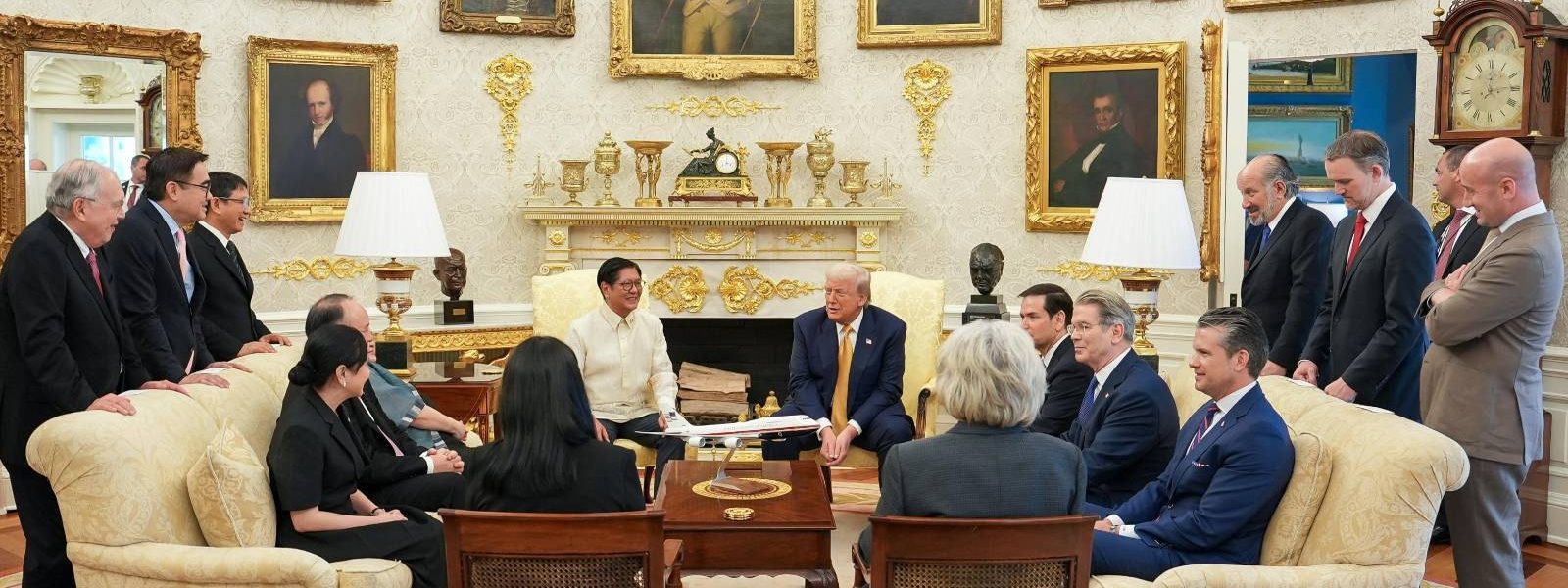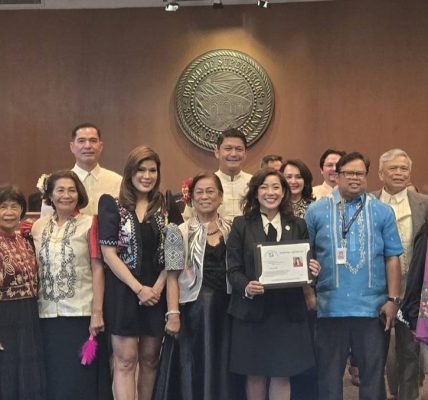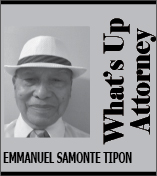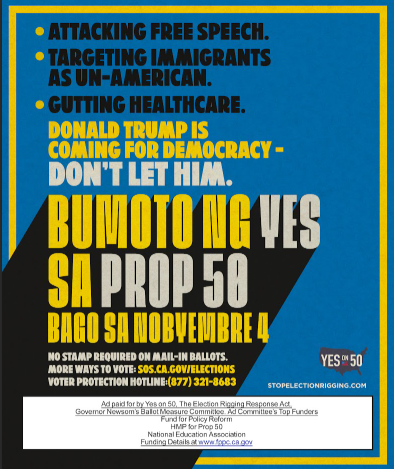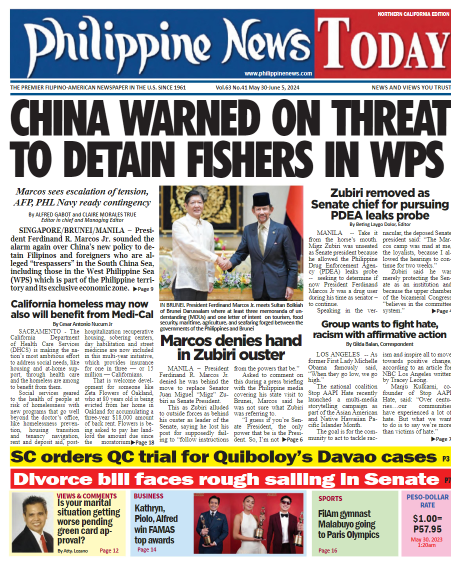WASHINGTON/MANILA – Several lawmakers have expressed disappointment over the US-Philippines tariff deal reached by US President Donald Trump and Philippine President Ferdinand Marcos Jr. with some calling it “lopsided” and “an insult.”
Economists, businessmen and other groups also expressed alarm over President Marcos agreeing to zero tariff on US exports such as cars and a measly one point cut in US tariffs on Philippine products from 20 percent to 19 percent. (See related stories.)
Business leaders and analysts said the tariff deal was “too much for too little” for the Philippines as they expressed hope future discussions would lead to more favorable and sustainable trade terms. Others said they support the tariff deal, being one of the lowest in the region.
Philippine Chamber of Commerce and Industry (PCCI) Chairman Emeritus George Barcelon said the Philippines “gave too much for too little,” especially with the country opening its doors to some US agricultural goods.
“We were hoping for at least 15 percent and below; that seemed to be right,” Barcelon said.
John Paolo Rivera, research fellow at the Philippine Institute for Development Studies, said the 19 percent tariff is “a loss for the Philippines in the short term.”
“This marks a sharp reversal in trade terms. It creates a non-reciprocal trade environment that undermines fair competition. While the diplomatic optics may look positive, the economic reality is stark,” Rivera said.
“The US gains unrestricted access, while Philippine exports are priced out of the market. This weakens our trade position and could dampen growth and jobs in export-dependent sectors,” he added.
Rivera urged the government to press for the return of the US GSP and explore sectoral agreements or limited FTAs. He said this is also the time to recalibrate Philippine tariff policy to ensure reciprocity and strategic leverage
Senator Panfilo Lacson called the tariff deal “the worst insult that ᵃ host can throw at his guest.”
“That 19 percent versus 0 percent tariff is definitely not the most fair deal between decades-old friends or allies like the United States and the Philippines,” he said. “It is time for us to look for other trade partners.”
Lacson called it “not the most fair deal between decades-old friends or allies like the US and the Philippines.”
“That proposal is the worst insult that a host can throw at his guest. Maybe it is time for us to look for other trade partners,” he added.
Sen. Ma. Imelda Imee Marcos expressed scepticism about the deal: “I have yet to see the final agreement. However, a mere 1 percent reduction in tariff rates for Philippine goods while having zero tariffs for US goods certainly does not look like a win for the Philippines.”
Sen. Joseph Victor JV Ejercito bewailed the imbalance in the agreement. “We are too much on the losing end. This is grossly disadvantageous to the Philippines. Until now they still look down upon us as their little brown brothers,” he said.
Sen. Vicente Sotto III, who is a former Senate President, however, said: “I think it was a productive visit. I’ll leave it at that.”
Sen. Francis Pangilinan said the trade deal with US President Trump will have long-term adverse impact on agricultural production and ultimately on the livelihoods of farmers and fisherfolk.
“While we understand the need for economic stability, it should not come at the price of the livelihoods of our agricultural workers. If implemented without careful consideration, a zero tariff policy will disadvantage our farmers and fisherfolk, and put in peril our work toward food security and national development,” Pangilinan said.
“New policies and agreements must come with clear safeguards for local livelihoods. Our farmers need support, not setbacks. They need us to protect them, rather than put their livelihoods at risk,” the senator added.
The militant Bagong Alyansang Makabayan said the deal between Marcos and Trump was a sellout of the country’s sovereignty and economic interests.
“It is embarrassing to hear Marcos talk about independent foreign policy and self-reliance while repeatedly mentioning that the US will assist the Philippines in modernizing the country’s defenses and protecting our sovereignty,” Bayan president Renato Reyes said in a statement.
The Alliance of Concerned Teachers (ACT) belittled Marcos’ success in making Trump agree to lower tariff of 19 percent on Philippine exports.
“This is a lopsided and humiliating agreement, signed while the country is being battered by the effects of Typhoon Crising and the southwest monsoon with millions affected and classrooms submerged,” ACT said.
“The agreement commits the country to a regime of zero tariffs on US goods, opening the floodgates to a new wave of agricultural dumping, foreign retail invasion, and domestic industry displacement,” ACT added.
It warned that deal will only worsen job insecurity, erode local livelihoods further, and drain public revenues best spent for rebuilding schools, improving salaries, and supporting communities in crisis.“The timing of this agreement is damning. With the country reeling from natural calamity, the government abandons its own people to secure a deal dictated by Washington,” ACT said. “We can expect billions to be pledged for foreign military cooperation and trade facilitation as classrooms remain flooded, thousands of students displaced, and teachers expected to serve as relief workers and unpaid crisis responders,” it added.

